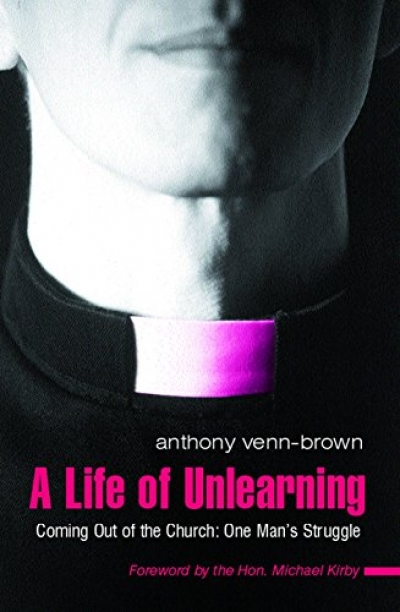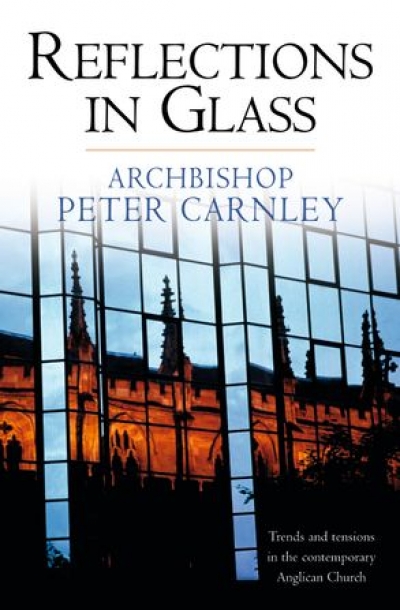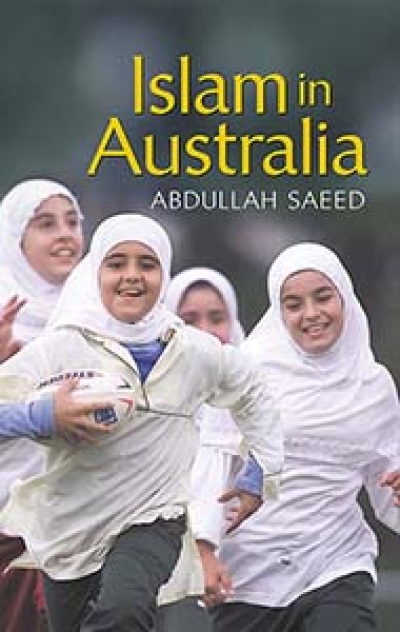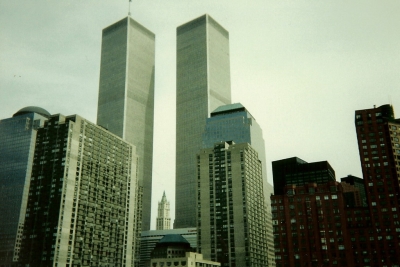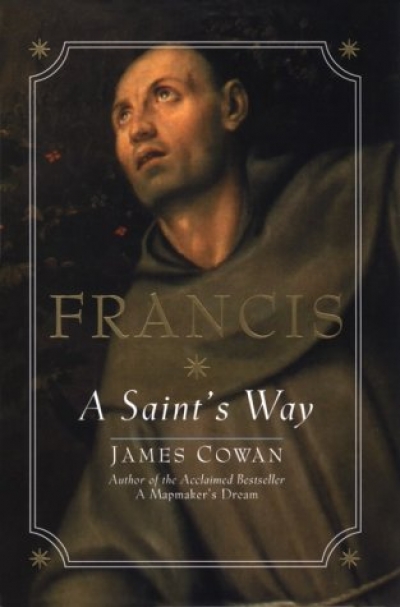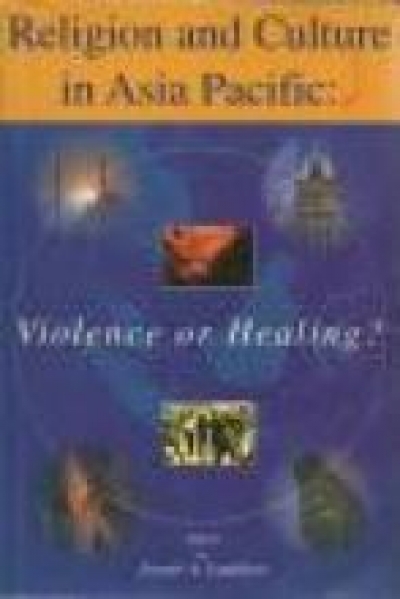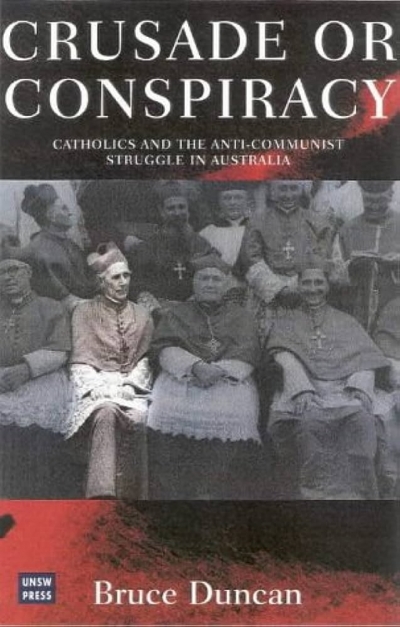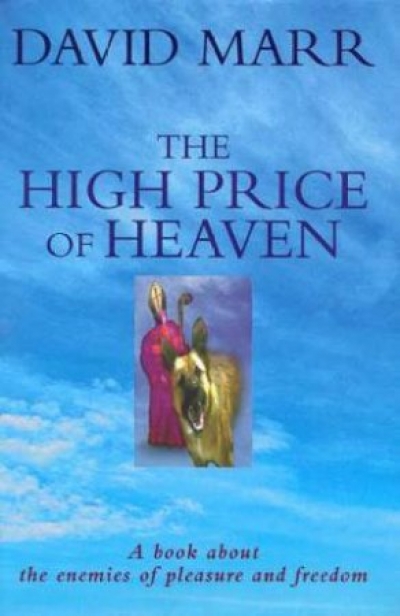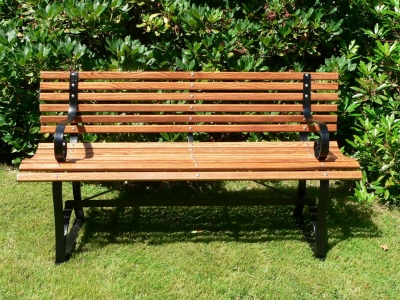Religion
A Life of Unlearning: Coming out of the church: One man's struggle by Anthony Venn-Brown
Reflections in Glass: Trends and tensions in the contemporary Anglican church by Peter Carnley
‘Dear God. Save us from those who would believe in you.’ Not long after the attack on the World Trade Centre on September 11 last year, those words were sprayed on a wall in New York. Knowing what provoked them, I sense fear of religion in them. Their wit does not dilute the fear, nor does it render its expression less unsettling. To the contrary, it makes the fear more poignant and its justification more evident.
Enough people have been murdered and tortured over the centuries in the name of religion for anyone to have good reason to fear it. Is it, therefore, yet another example of the hyperbole that overwhelmed common sense and sober judgment after September 11 to sense something new in the fear expressed in that graffiti? In part, I think it is. But the thought that makes the fear seem relatively (rather than absolutely) novel is this: perhaps the horrors of religion are not corruptions of religion, but inseparable from it. To put it less strongly, but strongly enough: though there is much in religion that condemns evils committed in its name, none of it has the authority to show that fanatics who murder and torture and dispossess people of their lands necessarily practise false religion or that they believe in false gods. At best (this thought continues), religion is a mixed bag of treasures and horrors.
... (read more)Religion and Culture in Asia Pacific: Violence or healing? by Joseph Camilleri
Crusade or Conspiracy?: Catholics and the anti-communist struggle in Australia by Bruce Duncan
It’s usually said that Australians are uninterested in the metaphysical. Where in America the lines between the secular and religious are notoriously blurred, not least in their politicians or sporting heroes invoking God on almost every conceivable occasion, Australians by contrast are held to be a godless lot, their mythologies entirely secular in form and meaning. God is rarely publicly invoked, except by ministers of religion whose particular business it is duly to do so.
... (read more)You know you are getting old when one of your students, genuine in her puzzlement, says to you, ‘Who was Bob Santamaria?’ Santamaria? The most famous lay Catholic since Ned Kelly! The man whose machine split Australian Catholicism for a generation; whose politics kept Labor from office for two decades; whose disciples and friends still move through the corridors of power in church and state! To meet someone to whom Santamaria is an unfamiliar name is to know that you too will soon be history.
... (read more)
